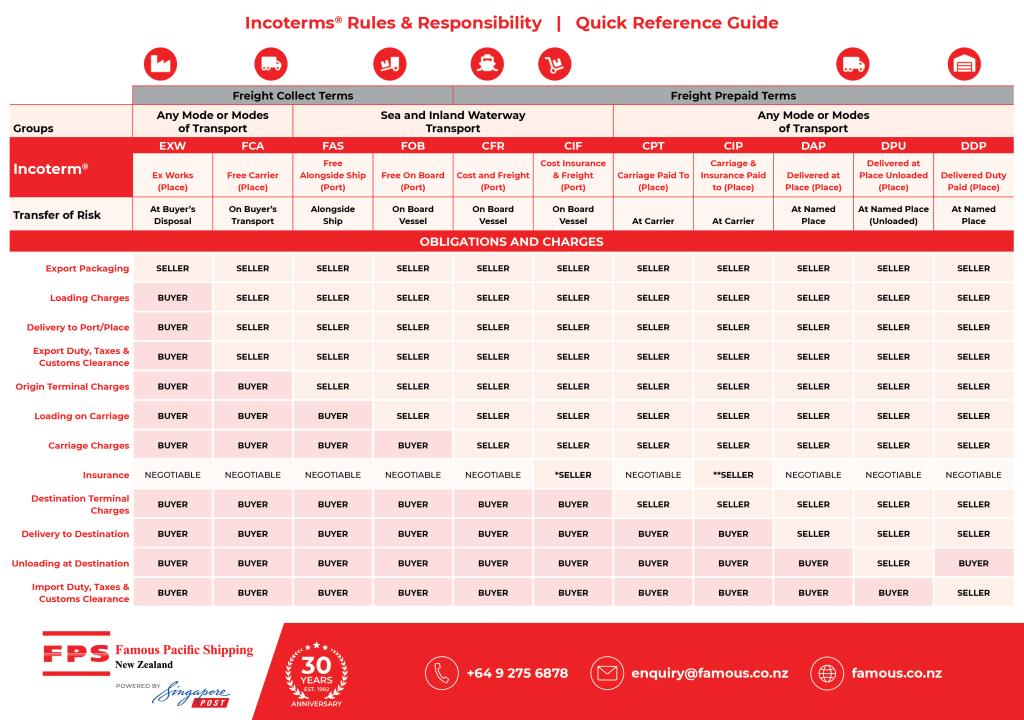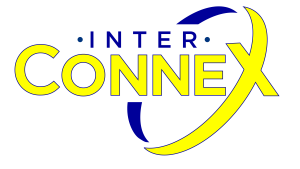FAQs
WHY USE A FREIGHT FORWARDER?
Flexibility to provide a full range of port/port or airport/airport services to match your specific shipping requirements.
Complete door to door services including insurance, with one point of contact.
Competitive shipping costs through bulk purchase (volume contracts) of space from shipping lines and airlines.
HOW MANY CUBIC METRES OF PRODUCT CAN I FIT INTO A 20' OR 40' CONTAINER?
20’ General Purpose Container 28m3
20’ NOR Container 24m3
40’ General Purpose Container 55m3
40’ High Cube NOR Container 55m3
40’ High Cube Container 62m3
* This is average stowage and may vary depending on the actual cargo type and carton configuration
WHAT IS THE WEIGHT LIMIT OF A 20' OR 40' CONTAINER?
Up to 24,000KG for both including the container, but special arrangements can be made for load of up to 30,000KG
IS IT REALLY NECESSARY TO INSURE MY CARGO WHILST IT IS IN TRANSIT?
Yes , the number of incidents is actually very low, however in the event of loss or damage a freight forwarders liability is limited to terms on the Bill Of Lading or air way Bill. FPS can arrange insurance for you at competitive costs. However, this must be completed before the goods are shipped.
HOW LONG DOES CUSTOMS CLEARANCE TAKE IN NEW ZEALAND?
Under normal circumstances, customs clearance is completed electronically between ourselves and NZ Customs, in a matter of hours, however, NZ Customs reserve the right to inspect both documents and goods, this can delay final clearance for 24-48 hours.
WHAT DOCUMENTS DO I NEED TO GIVE FPS TO CLEAR MY GOODS THROUGH CUSTOMS AND AGRICULTURE?
The documentation requirements vary depending on the type of consignment coming to NZ.
-Full Container Loads (FCL) consignments the following are required:.
Bill of Lading
Suppliers Commercial Invoice – showing value and description of goods contained in shipment
Quarantine Declaration
Packing List – if available
Certificate of Origin – if available
Fumigation Certificate – if required
-Less than Container Load (LCL) & Air freight consignments the following are required:
Bill of Lading or Airway Bill
Suppliers Commercial Invoice – showing value and description of the goods contained in the shipment
Packing list – if available
Certificate of Origin – if available
Fumigation Certificate – if required
HOW LONG DO I HAVE TO WAIT FOR MY GOODS TO BE AVAILABLE ONCE THE VESSEL HAS ARRIVED AT DESTINATION NZ PORT?
FCL shipments are usually delivered 12-24 hours following vessel arrival
LCL shipments are usually delivered within 48 hours of vessel arrival, following the container unpack at CFS
HOW LONG CAN WE HOLD THE CONTAINER AT OUR PREMISES ONCE IT HAS ARRIVED, BEFORE WE HAVE PAY CONTAINER DETENTION?
General containers – 5 days (including weekends)
NOR (non operating refrigerated containers) – 2 days
IF I MOVE MY GOODS BY AIRFREIGHT, ARE THEY USUALLY FLOWN THE SAME DAY AS THEY ARE PICKED UP?
Not always, freight forwarders consolidate cargo on a specified flight to keep the costs competitive. This may be daily or twice weekly depending on the route, goods can move on the same day e.g. next available flight but full IATA rates usually must be paid, this can be very expensive.
HOW DO I TRANSPORT DANGEROUS GOODS, E.G.. FLAMMABLE OR EXPLOSIVE?
There are very specific procedures that must be followed. FPS can guide you on the requirements for each class of hazardous cargo.
IF I AM IN NZ AND WANT TO SHIP CARGO BETWEEN TWO OTHER COUNTRIES, SAY SHANGHAI TO A CUSTOMER IN MELBOURNE, CAN THIS BE DONE?
No problem at all, FPS has a large international network, which means that we can control the door to door shipping process for you and keep the costs under control
WHAT ARE THE USUAL OFFICES HOURS OF FPS NZ?
Our office hours are 8.30am to 5.00pm, Monday to Friday, however our dedicated team are often available to attend to calls outside these hours.
CAN FPS TRACK MY SHIPMENTS AND REPORT THE STATUS TO ME?
Yes, FPS has a comprehensive tracking/status report system, contact our Customer Service Team for further details.
WHERE CAN I LOOK UP FPS TERMS AND CONDITIONS?
Do you have a different question?
INCO Terms
International commercial terms (INCO Terms) clarify the rules and terms that buyers and sellers use in international and domestic trade contracts.
These are some of the most commonly used:
FOB
Free on Board
Shipper pays for the origin cartage and documents. Consignee pays for freight & destination charges. Seller fulfils his obligation to deliver when the goods have passed over the ship’s rail at the named port of shipment, and the seller to clear the goods for export.
CFR
Cost and Freight
The Shipper pays for all the origin charges and the freight. The Consignee pays for all the destination charges ex Airport / Port of destination. Seller must pay the costs and freight necessary to bring the goods to the named port of destination but not the risk of loss of or damage to the goods. The CFR term requires the seller to clear the goods for export.
CIF
Cost, Insurance and Freight
Same as CFR except that the Shipper also pays for relevant Insurance. This means that the seller has the same obligations as under CFR but with the addition that he has to procure marine insurance against the buyer’s risk of loss of or damage to the goods during the carriage. The seller contracts for insurance on minimum coverage and pays the insurance premium.
EXW
EX Works
Consignee pays for the total movement from the Shipper’s Warehouse. Buyer bears all costs and risks involved in taking the goods from the seller’s premises to the desired destination. This term thus represents the minimum obligation for the seller.
Follow us on social
Keep in touch
Subscribe to our newsletter
Keep up to date with regular industry news. Unsubscribe at any time.






